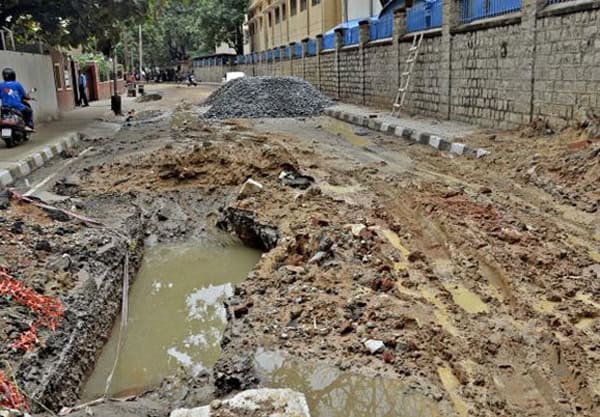Bengaluru: In view of constant power shortages affecting India’s prominent IT hub here, a local think tank formed by The Energy and Resources Institute (TERI) on Monday suggested implementing smart grid technologies and use of separate feeders for agriculture use.
“Smart grid technologies enable real time monitoring and control of the entire power system, helping to reduce aggregate technical and commercial (AT&C) losses, providing demand response and outage management,” the Bangalore Sustainable Development Group said in a statement here.
The group, consisting of members of TERI, representatives of IT companies like Wipro and experts such as former members of Karnataka Electricity Regulatory Commission and the state electricity board, has been recently formed to look at solutions from an all-India perspective through the prism of their applicability in Bengaluru, which is currently facing severe infrastructure bottleneck issues.
“The use of separate feeders for agriculture use and for others, namely rural feeder segregation under the Centre’s rural electrification programme, has been very effective in Gujarat. However, in Karnataka, feeder separation is not yet ready,” the statement said.
“Standard rural feeder or load segregation, however, may not be enough to help improve the situation in the long term, unless it is accompanied by robust data collection and analysis to allow for greater transparency around agricultural consumption of electricity, and better identification of subsidy targets,” it added.
Fast paced, and sometimes unplanned expansion of the city in recent years has brought its infrastructure under severe strain, be it the road network, power or water supply.
In view of the water shortage in Bengaluru and the degradation of many of the city’s lakes, the group also urged action to “reduce the gross depletion of ground water in India, because many states are giving free power to agriculture, resulting in farmers growing crops unsuited to the soil, and leading to increased salinity of the land.”
TERI is organising its next World Sustainable Development Summit, earlier known as the Delhi Sustainable Development Summit, in New Delhi in October.
The Bengaluru Municipal Corporation drew a lot of flak earlier this month with its drive to demolish houses constructed over stormwater drains, but which had obtained municipal permits in the past.
The Bengaluru group also recommended stiff penalties for power theft, as has been recently handed down by courts in the national capital.
“It is also recommended to sharply raise the penalties for theft of power. Penalties today are very low,” the statement said.
“Other actions suggested are to have objective Selection Committees to select independent state electricity regulators who will not be subservient to government. They must raise power tariffs to cover the operating costs of the power distribution companies, at appropriate operating efficiencies,” it added.
IANS

